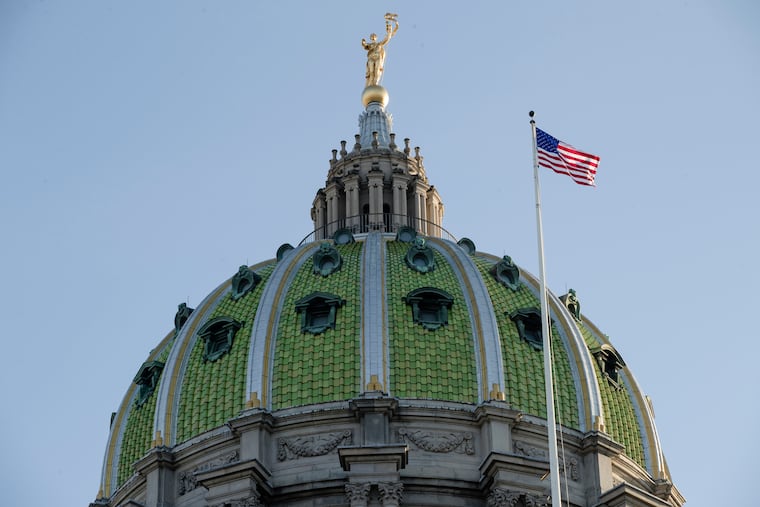Pa.’s new press freedom lawyer will shine more sunlight on government | Opinion
Open government is fundamental to our democracy. Transparency allows citizens to see government at work, understand officials’ actions, and hold leaders accountable.

For 50 years, the Reporters Committee for Freedom of the Press (RCFP) has been serving the legal needs of journalists around the country. For all those years, it has been doing that work from its offices in Washington, D.C. This morning, with generous support from the Knight Foundation, the RCFP announced that one of its lawyers will begin working full time in Pennsylvania.
A new lawyer starting work in our state normally is not big news. This is different. The new RCFP lawyer will have a singular mission: helping Pennsylvania journalists overcome the legal roadblocks they face in seeking access to government information.
While the RCFP’s clients will be journalists, its work will benefit all Pennsylvanians. That’s big news.
Open government is fundamental to our democracy. Transparency allows citizens to see their government at work, understand their officials’ actions, and hold their leaders accountable.
In Pennsylvania, our laws protect the public’s right to know what its government is up to. The Sunshine Act mandates that all government meetings be open when policies are discussed and decisions are made. The Right-to-Know Law provides that records relating to government activity are accessible to the public. And our Constitution mandates that “all courts shall be open.”
Most citizens, however, don’t have time to attend government meetings, comb through public records, or attend important court cases.
So journalists serve that role. They observe the government, learn what it is doing and why, and then report to the public.
But Pennsylvania’s laws safeguarding citizens’ access to government information are not perfect. Each has its limits. And each can be exploited when officials want to hide something.
Sometimes records and proceedings are closed for good reason. Other times they are not.
When closures seem improper, the press serves another vital role — it pushes back. It fights for the public’s right to know by filing suits to gain access to records, meetings, and court cases.
In this kind of litigation, the laws often stack the deck in favor of secrecy. They provide no real-time remedy, and the litigation can go on for years.
For example, the Right-to-Know Law provides an easy route to appeal when requests for records are denied. But the agency that hears most appeals — the Office of Open Records — has no authority to enforce its decisions. And public officials are free to appeal to court, where they can raise new issues and where the office’s prior ruling has no significance. While these rounds of appeals run on, time passes, and the utility of the requested information fades.
To make matters worse, litigating these cases is expensive. Government officials have the resources and lawyers to outlast most people. The law does nothing to deter them from litigating whenever they want to maintain secrecy. Many states level the playing field by forcing the government to pay a citizen’s legal fees when access is wrongfully denied. But Pennsylvania does not. Here, citizens pay their full litigation costs even if records or meetings should have been public.
Despite the obstacles, the press historically fought these legal battles for transparency. But as the media landscape has changed and news companies’ revenue has been squeezed, journalists have not been able to take up these causes as often. As a result, the public has lost an important check on the government.
Today, that situation will begin to change. RCFP has launched a local legal initiative and is bringing its mission of open government to Pennsylvania. The RCFP is taking on this mission pro bono to advance the public good.
Pennsylvania is blessed with a wealth of collaborative and innovative journalists. Starting today, their work will have another powerful advocate. That advocacy will benefit all Pennsylvanians. It will lead to greater transparency and facilitate more robust public affairs journalism and investigative reporting. Consequently, all of us will have more information about our government — information that allows all of us to hold our government more accountable.
Michael Berry is a partner in the Philadelphia office of Ballard Spahr LLP, where his practice focuses exclusively on media and First Amendment law.